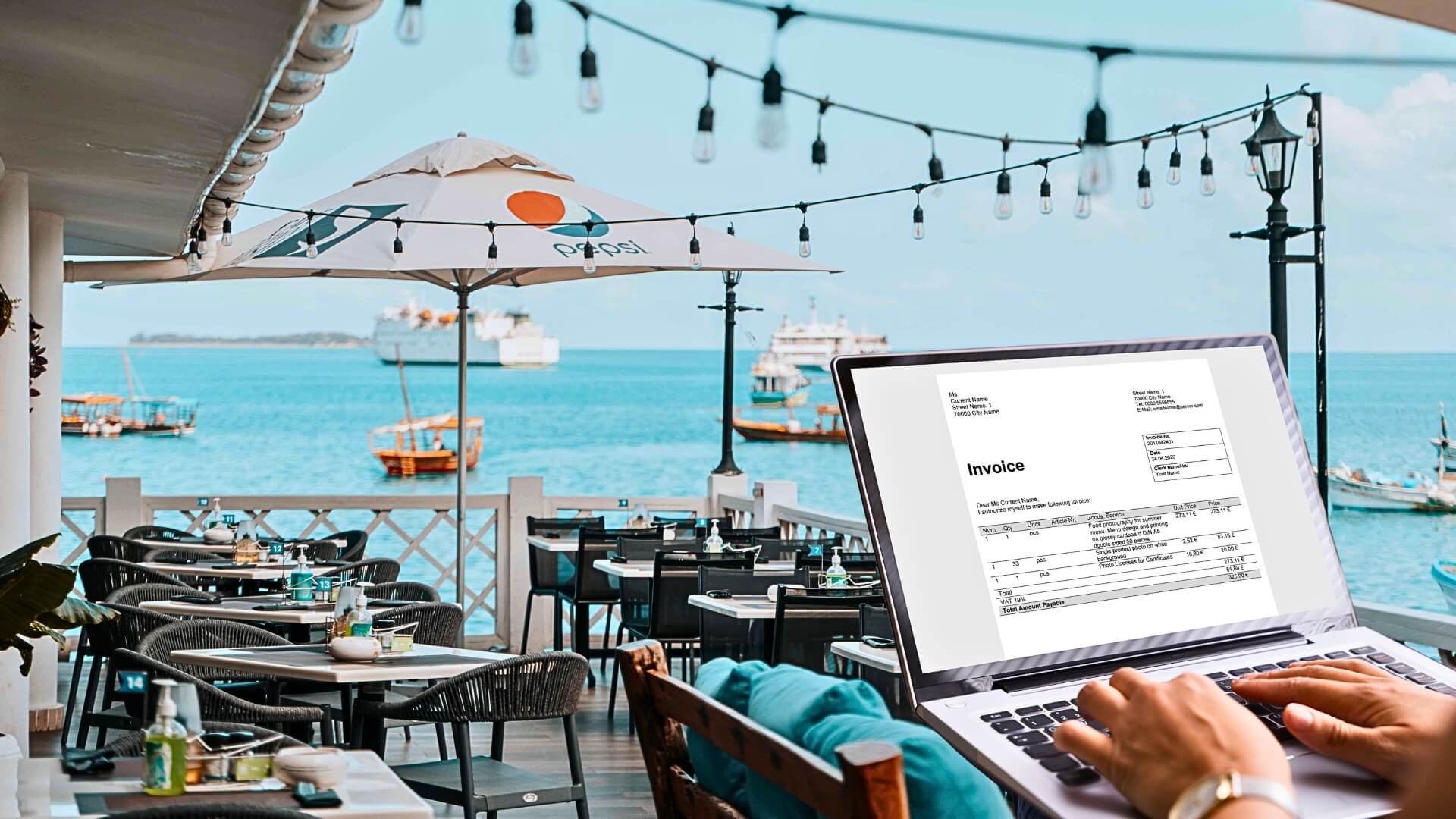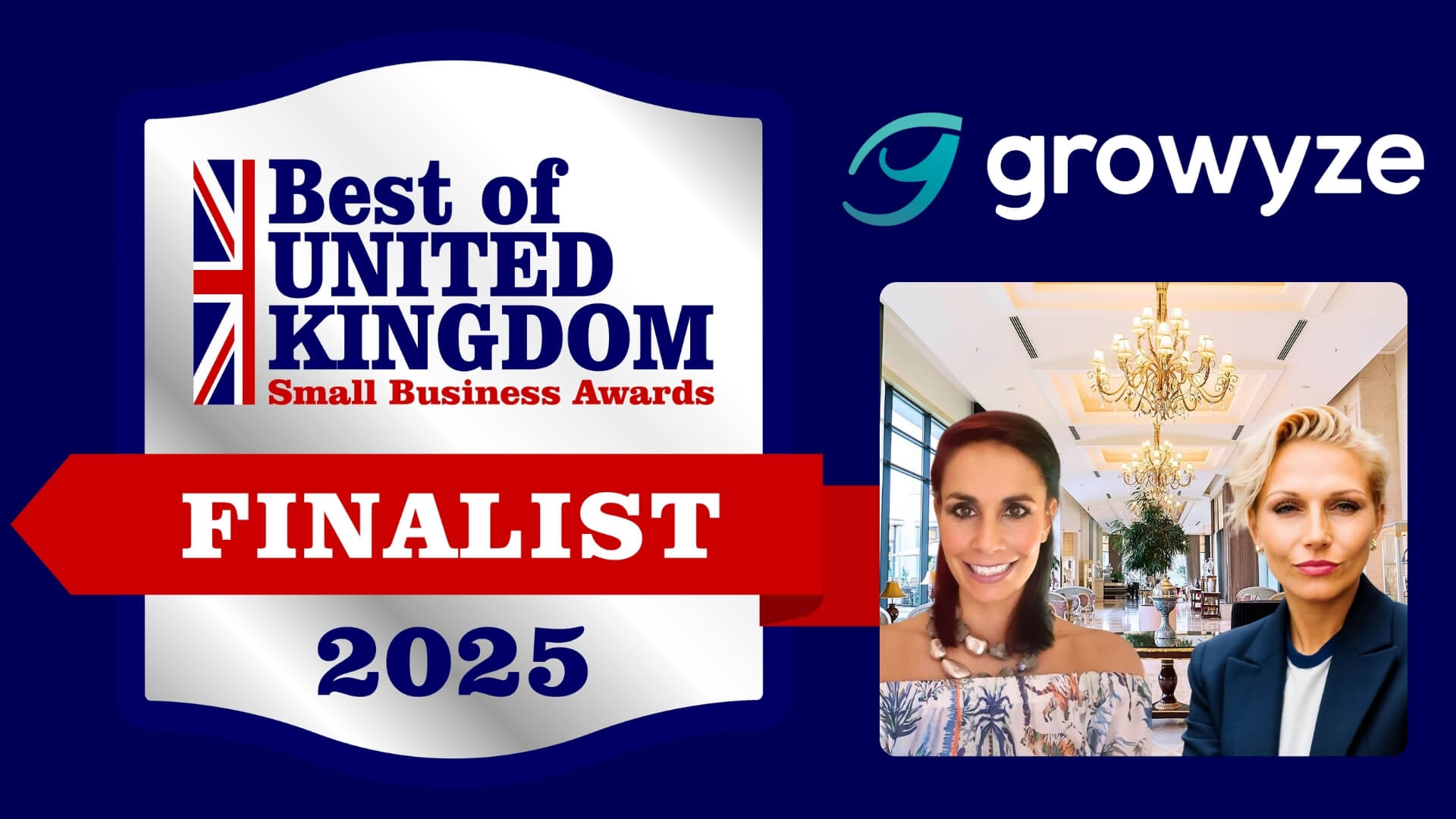We need to talk about sustainability in hospitality. It’s an important point on every hospitality venue’s agenda BUT whether or not it’s actioned is another story. In between training staff, handling operations, influencing profit margins and managing stakeholders, there’s not much juggling room (or mental capacity) left for sustainability.
Despite your best efforts, sustainability initiatives can quickly drop from your important “to-do” list.
But, as we all know, improving sustainability helps more than just the environment.
Let’s take food menu engineering as an example. Knowing exactly what each menu dish costs you, where the ingredients are coming from, and how much you need vs how much you use and sell all make a difference to the bottom line. By finetuning each area, you ensure you aren’t wasting money, or leaving food on the table (or in your stockroom). But being on top of your menus also makes you more sustainable. Everything you buy is being used, meaning less waste and less of an impact on the environment.
In short, improving sustainability can help you build a more efficient, profitable hospitality business. Intrigued, but don’t know where to start? Look no further. We’ve put together a brief but informative guide to the latest sustainability news, trends, laws and best practices for UK hospitality businesses.
The growing demand for sustainability as a business strategy
Aside from it making complete business sense, there’s also no better time than now to begin adopting sustainability practices. Increasing pressure from both UK legislation and consumers means that restaurants, bars and other hospitality businesses can no longer afford to ignore the issue of sustainability.
The UK government has announced that it aims to achieve net-zero carbon emissions by 2050 within the hospitality sector, and is already implementing sustainability targets, laws and taxes to incentivise businesses to play their part.
This means the more you actively participate in adopting these practices as part of your business model, the more recognition you’ll receive from the government. Think tax incentives and reductions, which lead to healthier, heartier net earnings.
Consumer demand for sustainability is skyrocketing too. 71% of millennials expect businesses to address climate change in their management practices. While Booking.com’s 2022 Sustainable Travel Report found that 81% of global travellers stated sustainable travel is important to them and 78% reported they prefer sustainable accommodation.
Customers increasingly want to see businesses visibly playing their part in demonstrating an active commitment to combating climate change.
And you know who else wants to do their part? Hospitality business owners.
According to a 2022 study by Nespresso Professional, 84% of hospitality businesses stated they’ve made sustainability improvements following the 2021 COP26 conference held in the UK. A further 72% said they intended to prioritise sustainability within their businesses over the next year.
When the UK government suggested implementing a new law that would make food waste reporting mandatory for large and medium-sized businesses 73% of hospitality businesses expressed support for this law to be passed. Sadly, it was scrapped but the sentiment is there!
It’s undeniable that becoming more sustainable is a win for everyone. The earth wins, the government wins, customers win and, most importantly, businesses win!
How hospitality businesses can improve sustainability
The UK government has passed a number of laws, regulations and restrictions to support businesses in reaching its 2050 net-zero target. Meanwhile, plenty of organisations are dedicated to helping the hospitality industry to move towards more sustainable operations. Here, we breakdown some of the ideas and processes you could begin to put into use.
Reduce single use plastic
The Environment Act of 2021 was a landmark piece of legislation that all hospitality businesses should be aware of. It consists of multiple regulations targeting plastic usage, improving labelling systems for consumer recycling, separating food waste collections and committing to eliminating food waste from landfills by 2030.
Building on these legislative initiatives, the Plastic Packaging Tax regulation was introduced in 2022. This aims to regulate the import and usage of plastic packaging components within the UK. As recently as 1 October 2023, the UK government has placed bans and restrictions on the sale and usage of single-use plastics, including cutlery, cups, plates, trays and bowls.
These legislations are still slowly taking effect, but it’s a good idea to begin thinking about and making proactive changes to your waste generation and management. Identify where and how you’re using single-use plastics both inside and outside of your kitchen, from your inventory deliveries to your takeaway containers, and actively work to reduce it. Also, separate your waste into separate recyclable and non-recyclable waste bins for easier collection and disposal.
Consider your carbon footprint
As previously mentioned, the UK government expects all hospitality businesses to reach net zero carbon emissions by 2050. According to UKHospitality, this target is broken down into two high-level objectives - eliminating operational emissions by 2030 and achieving net zero across supply chains by 2040.
To help businesses meet these targets, UKHospitality has partnered with Zero Carbon Forum to create a carbon footprint calculator, that allows you to see the numbers for yourself in terms of the carbon waste you’re generating.
Don’t despair at the numbers! Remember, this is an opportunity to lower them (while increasing revenue at the same time).
Improve employee sustainability training and management
UKHospitality has also created an overarching guide of sustainability initiatives and practices businesses can implement across their operations. The key areas being targeted by these initiatives are skills, supply chain, energy, biodiversity and waste.
Within skills, hospitality businesses are being encouraged to ensure their sustainability policies are secure by engaging their teams and receiving internal buy-in.
This essentially means clearly communicating your intentions to implement more sustainable policies for your back of house operations to your teams. This is about building awareness and getting everybody on board before you begin rolling out new sustainability policies.
Allow your team members to ask questions and ease any potential anxieties they might have. Change is often difficult to accept and many may worry that their role could potentially become redundant. Reassure them that sustainability is not about the replacement of processes, but enhancement.
Selective supplier partnerships
For supply chains, organisations can build cleaner, more sustainable supply chains by encouraging current and potential suppliers to consider their methods and processes of sourcing and delivering items.
For a restaurant, bar or café, this means engaging with new and existing suppliers and letting them know that you’re looking to develop more sustainable, environmentally friendly partnerships.
Again, building awareness around the business benefits of choosing to become more sustainable is key. Just as you won’t be able to implement every policy overnight, neither will they. But if they can demonstrate a commitment to change over time, you can both work together to build a more sustainable supply chain.
{{cta-ebook="/cta-components"}}
More effective inventory selection and management
To help protect the UK and global biodiversity, hospitality businesses are encouraged to amend their menus, focusing on providing more seasonal and environmentally-conscious dishes.
At an operational level, this translates to opting for more locally-produced, seasonal inventory that doesn’t need to be flown or shipped in from overseas. You can work with your chefs to analyse each menu item and identify ingredients that can be eliminated or swapped out for more sustainably sourced ones.
Waste is just…waste
This one is pretty self-explanatory. Waste initiatives focus on reducing waste in internal operations as well as reducing waste from packaging materials. Again, engaging with suppliers and choosing to prioritise suppliers that offer recyclable packaging reduces your wastage levels.
Internally, implementing recycling policies with clear recycle and non-recycle waste bins can also help visualise the amount of unnecessary plastic waste you’re still generating to further reduce it. Another key aspect of waste management is food waste.
Food waste is a universal problem for everyone in the hospitality sector. Not only is it unsustainable, but it also creates extensive, expensive losses that eat into your margins. Better inventory management can help your staff reduce unnecessary food waste from expiry, overordering of stock and underused ingredients.
For a full review of these sustainability recommendations and best practices, refer to the UKHospitality’s Environmental Sustainability Guide.
The road to sustainability is not (necessarily) a smooth one
For many businesses, the real challenge of adopting more sustainable policies isn’t an unwillingness to change, but the absolute uphill challenge of undertaking it. Although implementing sustainable policies leads to long-term cost reduction, it does require upfront investment costs in more efficient practices.
The complexities of reworking existing supply chains by changing suppliers or ordering more sustainable, but potentially more expensive, ingredients, can result in a logistical headache.
How can growyze help your business continue its sustainability initiatives?
Food waste accounts for a huge portion of hospitality waste. In fact, the UK hospitality sector generates approximately 1.1 million tonnes of food waste annually. In response, the UK government has committed to halving food waste by 2030. Reducing food waste is a massive sustainability initiative and also a huge loss prevention exercise. This can easily be undertaken through better inventory visibility and management - something we specialise in here at growyze.
growyze’s inventory management system centralises your inventory and supplier data, giving you full visibility over your operations. With growyze, you can easily view current stock levels, complete stocktake easily with data-sync from different team members, assess where you’re losing money in ingredients, and reorder and reconcile stock from (the right) suppliers.
Book a demo to discover how growyze can help enhance and support your sustainability initiatives today.

.jpg)


